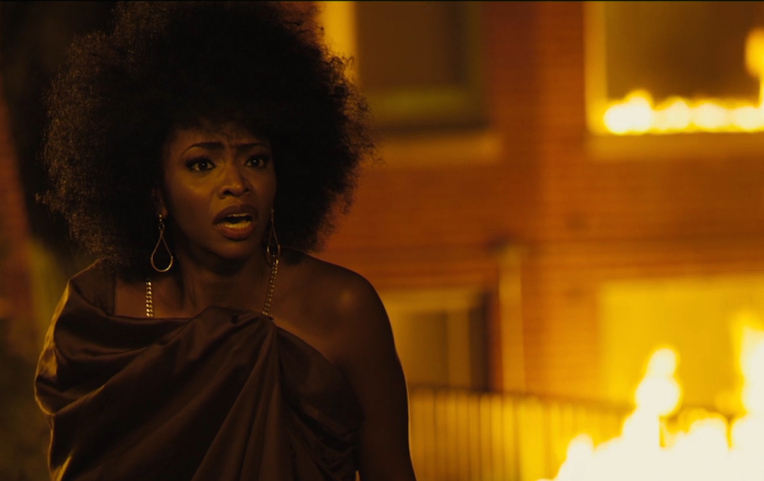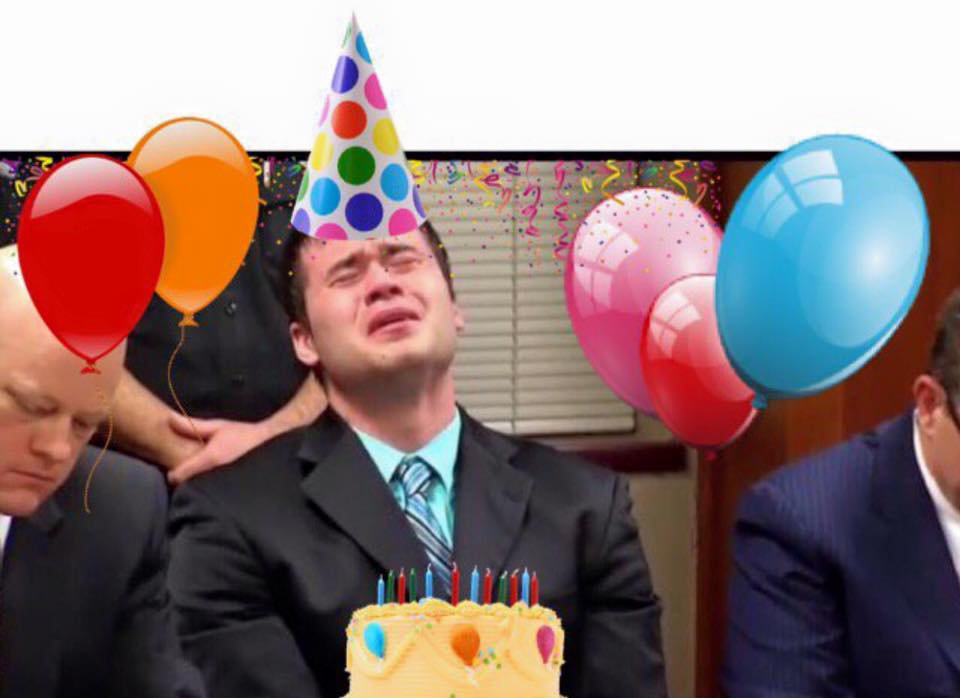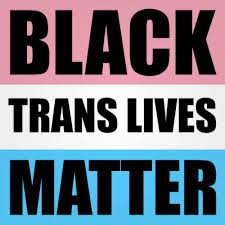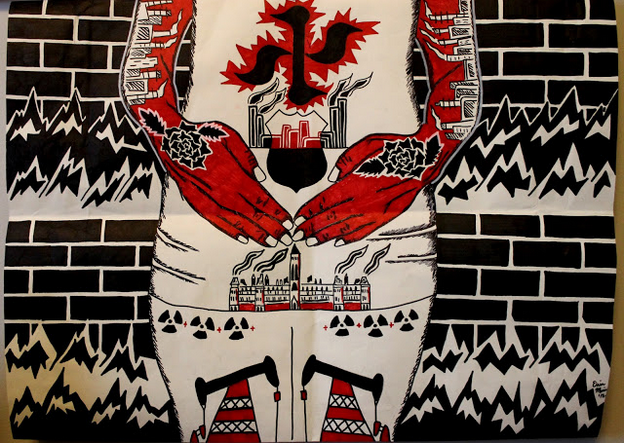Beyonce’s “Formation” can be described with two words: unapologetically black. Images of black babies sporting their natural hair, lyrics such as “I got hot sauce in my bag (swag)”, and Beyonce atop a sinking New Orleans police car in what appears to be the wreckage of Katrina are what make that description a snug fit. The… Continue reading Naked Music Monday: Beyoncé Shows Us Blackness, Unapologetically
Category: Race
Chi-Raq (2015)
Imagine Lysistrata—the classical play you probably read in Greek Lit class —but in the hood. In this fictional but all-too-real version of Southside, Chicago, the women of Chi-Raq, lead by Lysistrata (Teyonah Parris), opt to withhold sex as a negotiating method to force an end to the gang related violence their men engage in. Lysistrata is… Continue reading Chi-Raq (2015)
Daniel Holtzclaw, Black Women, And The Myth of Police Protection
Content warning: this piece contains general discussion of rape. On his 29th birthday, December 10th, former Oklahoma City Police officer Daniel Holtzclaw, who targeted low income, criminalized Black women and girls for sexual assault while on duty, was found guilty of 18 of the 36 charges brought against him. He now faces up to 263… Continue reading Daniel Holtzclaw, Black Women, And The Myth of Police Protection
October 22nd And After: The Movement Against Police Violence And Black Sex Workers
Every year since 1995, thousands of people all over the world have joined forces in an effort to end police brutality, repression, and the criminalization of our lives. In America, yesterday, October 22nd, has become known as the National Day to End Police Brutality. These efforts were launched by the Revolutionary Communist Party, USA and… Continue reading October 22nd And After: The Movement Against Police Violence And Black Sex Workers
What I Do Know: The Colonial Evisceration of Cindy Gladue
Content warning: This piece contains references to rape, murder, violence against Indigenous women (especially Indigenous sex workers), and other disturbing material. When I told my boyfriend that I was going to write an article about Cindy Gladue and the epidemic of missing and murdered Indigenous women (MMIW), he reminded me that I should keep my… Continue reading What I Do Know: The Colonial Evisceration of Cindy Gladue




